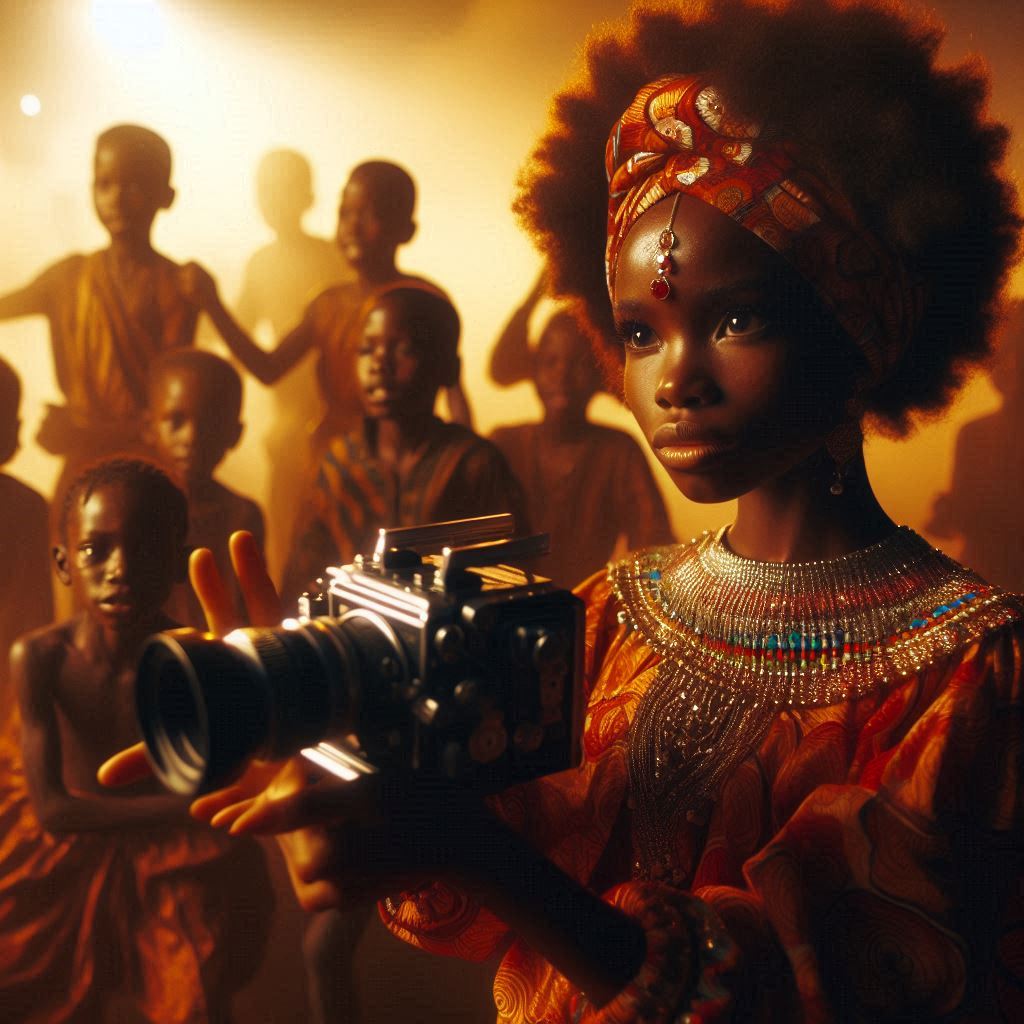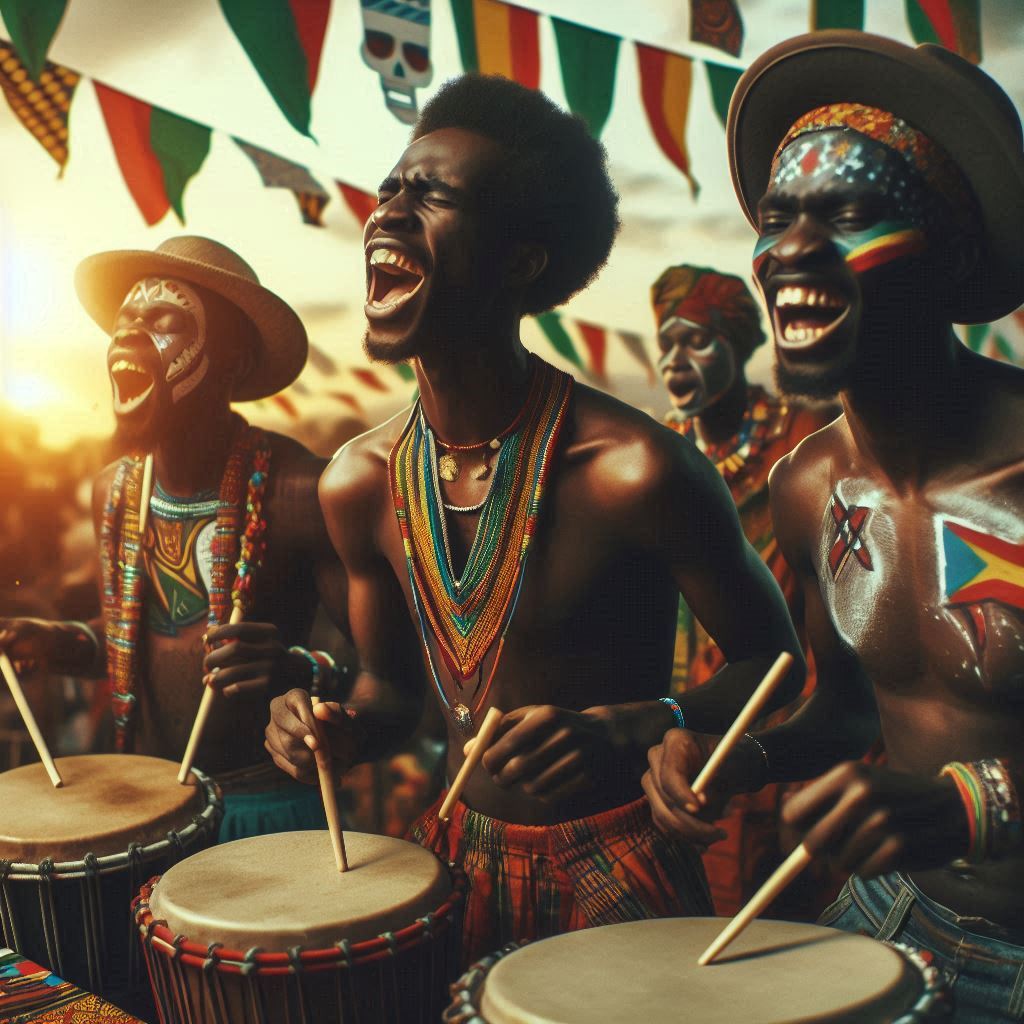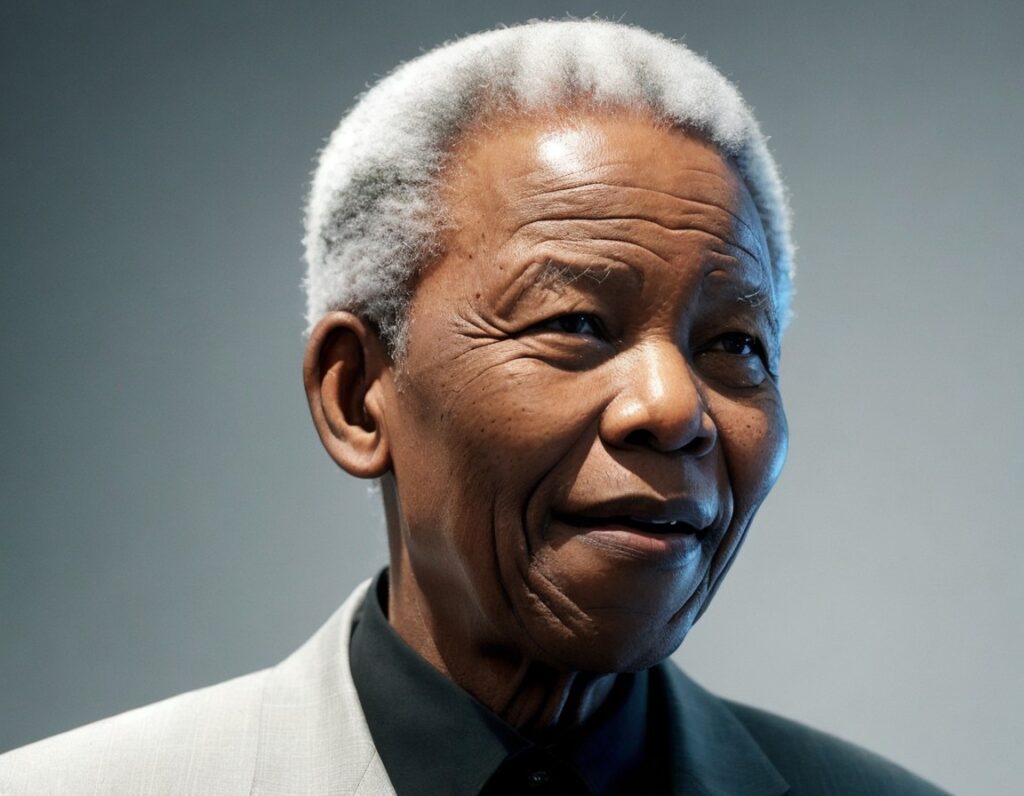Today in African History: June 21st
The Day of the African Child

June 21st holds a special place in African history as it marks the Day of the African Child. This day is dedicated to raising awareness about the ongoing challenges faced by African children and to celebrate their resilience and potential.
The Day of the African Child was established by the Organization of African Unity (now the African Union) in 1991 to honor the memory of the students who participated in the Soweto Uprising on June 16, 1976. On that day, thousands of black schoolchildren in South Africa took to the streets to protest the poor quality of their education and demanded the right to be taught in their own languages. The protest was met with brutal repression by the apartheid regime, resulting in the deaths of hundreds of young protesters.
Although the official date is June 16, many events and activities extend through the week, including June 21, to keep the spirit and message alive. The day serves as a reminder of the importance of investing in education, protecting children’s rights, and providing a safe and nurturing environment for them to thrive.
African Music Day

June 21st is also celebrated as African Music Day, coinciding with the World Music Day (Fête de la Musique). This day shines a spotlight on the rich and diverse musical traditions of the African continent, from the rhythmic beats of West African drumming to the soulful melodies of South African jazz.
African music has had a profound influence on global music, giving birth to genres like jazz, blues, reggae, and hip-hop. It is a day to celebrate the cultural heritage of Africa and to acknowledge the contributions of African musicians to the world.
Nelson Mandela’s First Speech to the United Nations (1990)

On June 21, 1990, Nelson Mandela delivered his first speech to the United Nations after his release from prison. Mandela’s speech was a significant moment in the struggle against apartheid and the global movement for justice and equality.
In his address, Mandela thanked the international community for its support in the fight against apartheid and called for continued efforts to end the oppressive regime in South Africa. His speech was a powerful reminder of the strength of solidarity and the importance of standing up for human rights.
Conclusion
June 21st is a day to reflect on the past, celebrate cultural heritage, and commit to a better future for African children. By remembering the struggles and achievements of this day, we honor the spirit of resilience and the ongoing fight for justice and equality in Africa. As we celebrate the Day of the African Child, African Music Day, and remember Mandela’s inspiring speech, let us continue to support and uplift the voices of Africa’s future generations.
